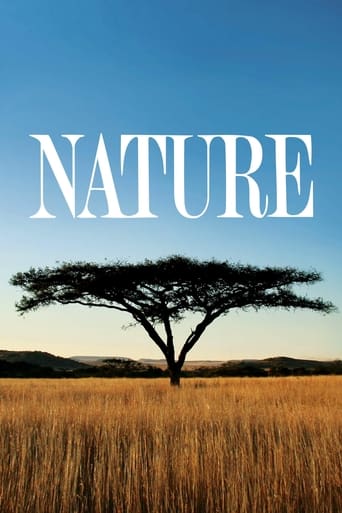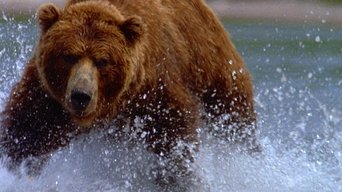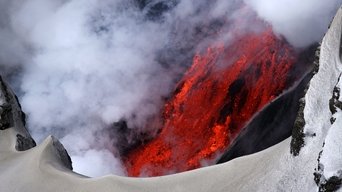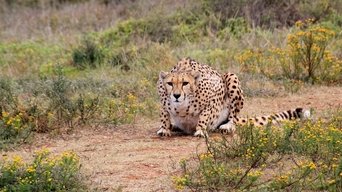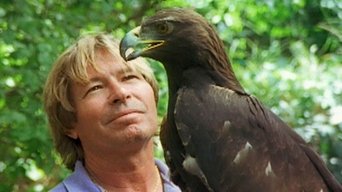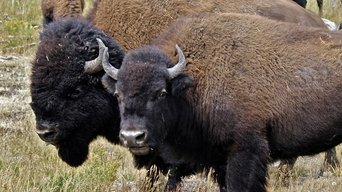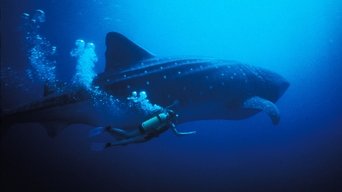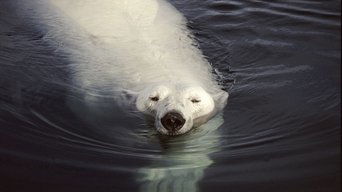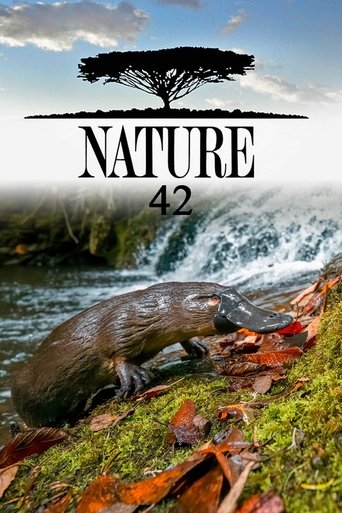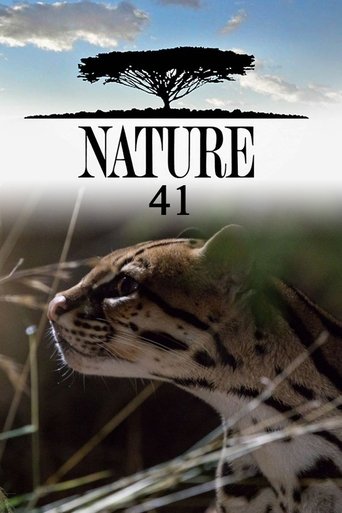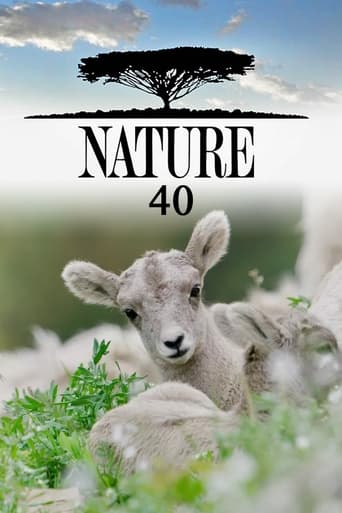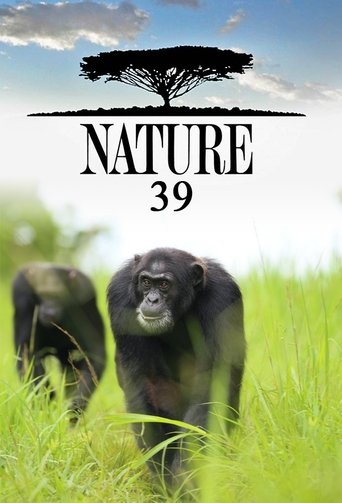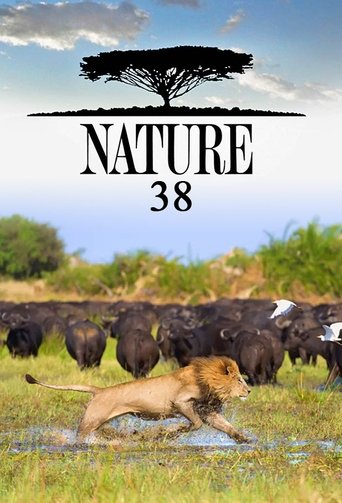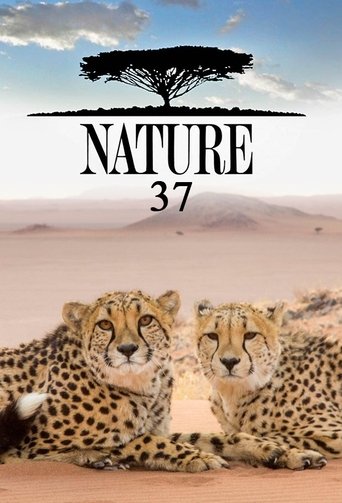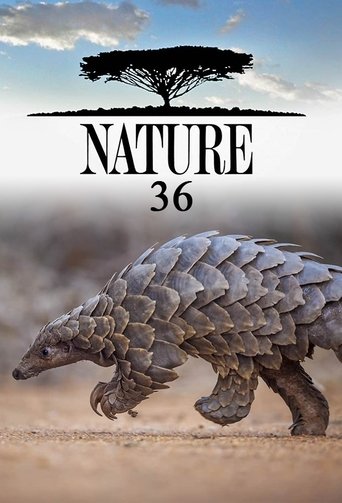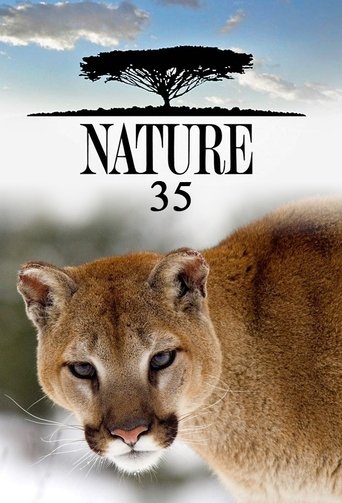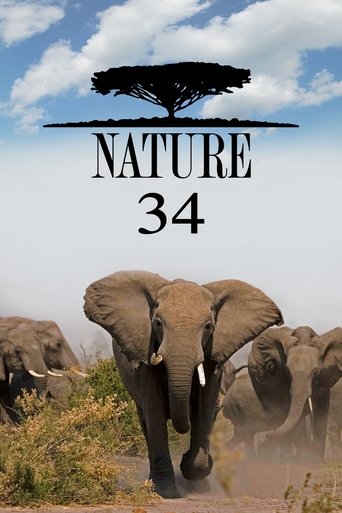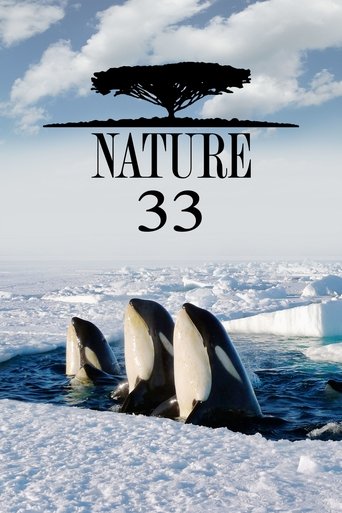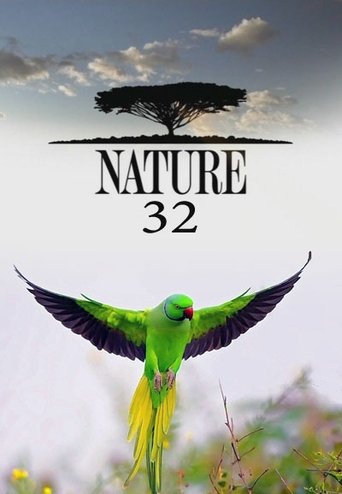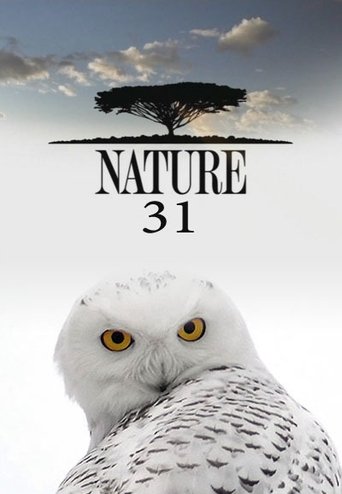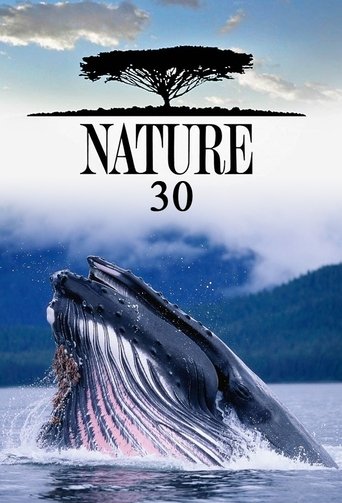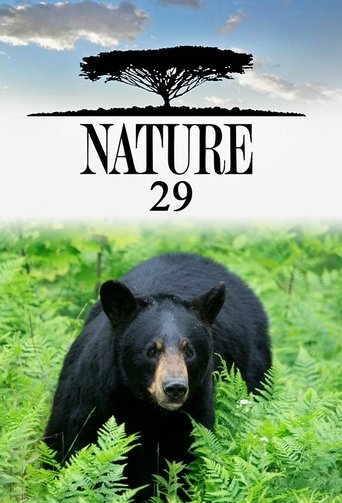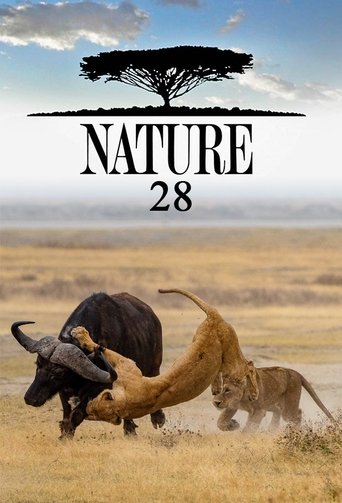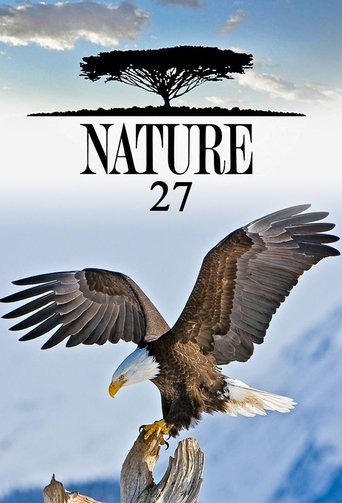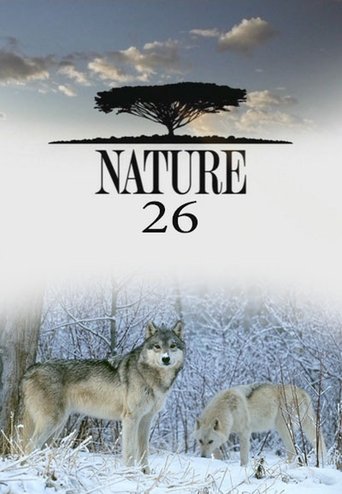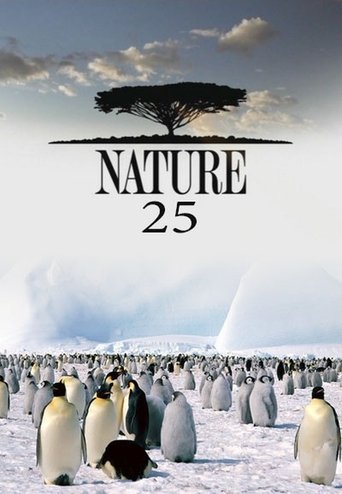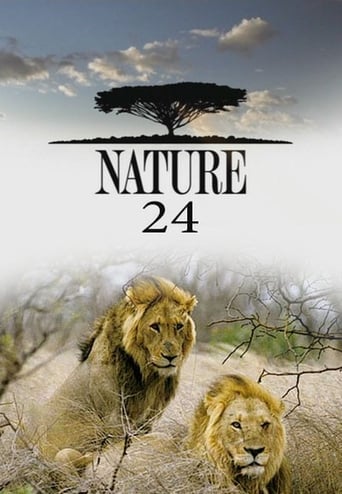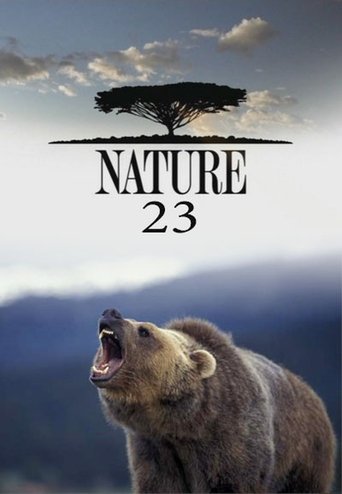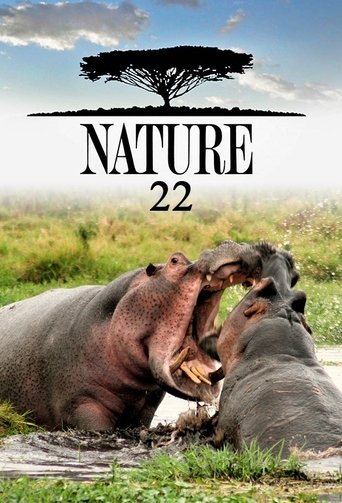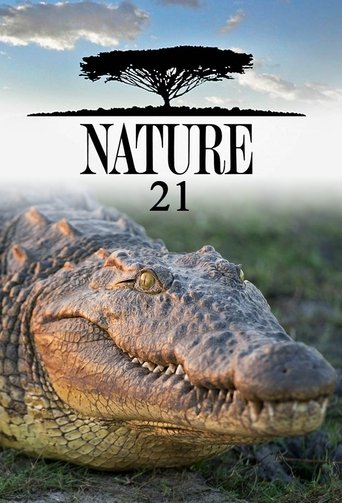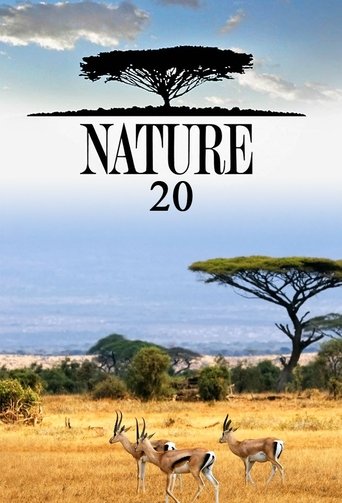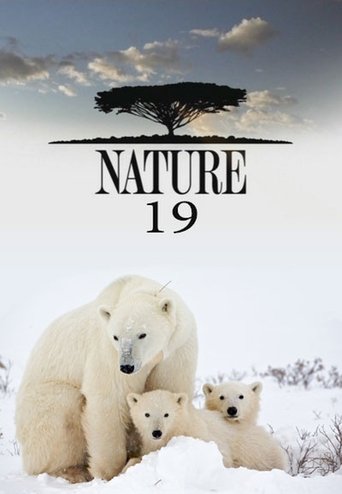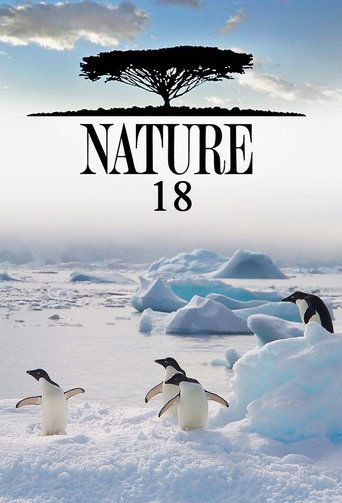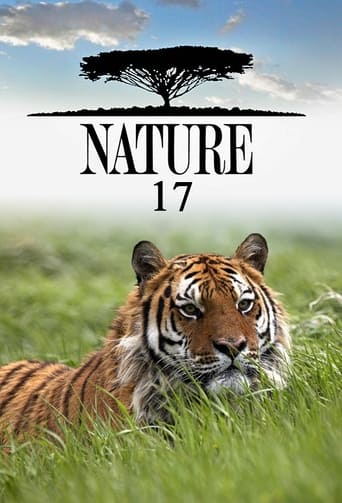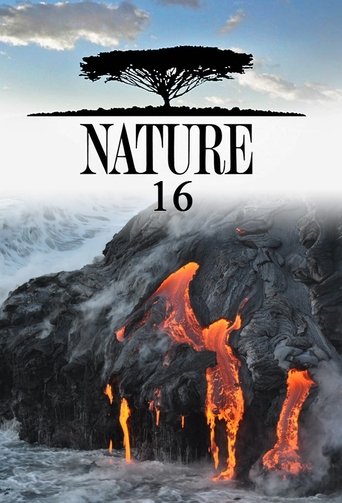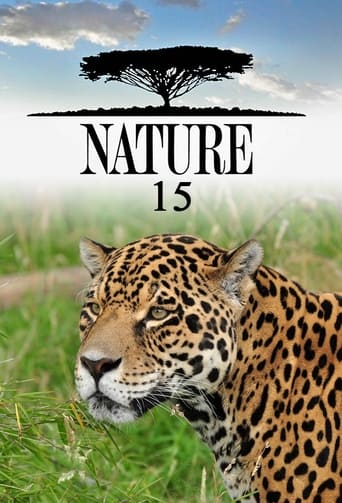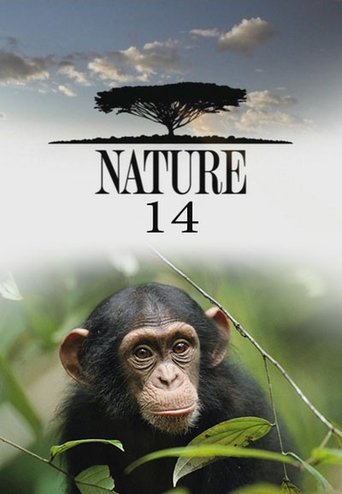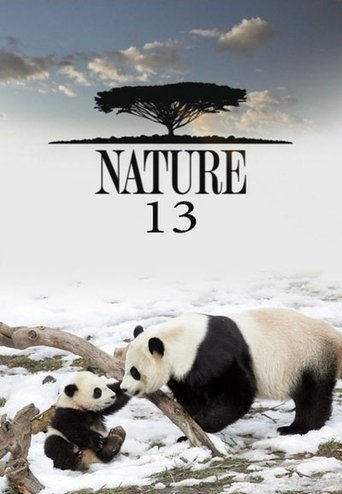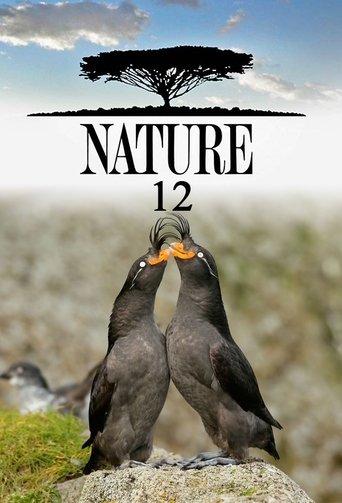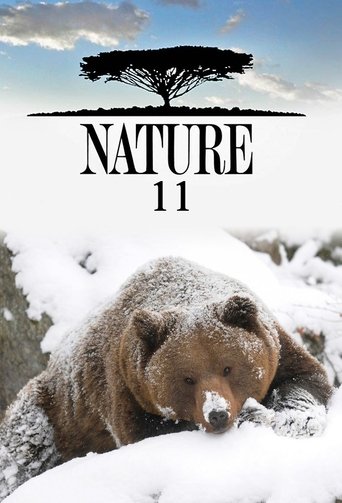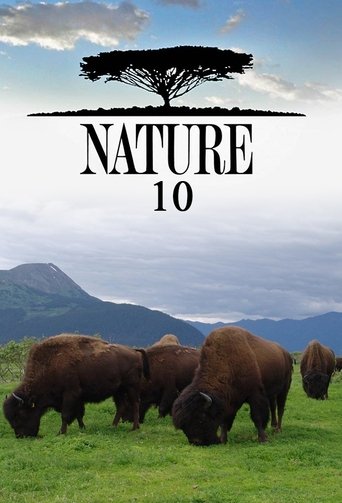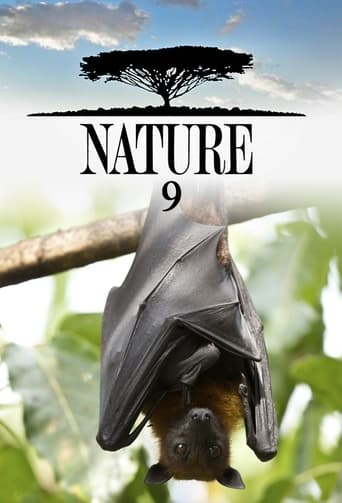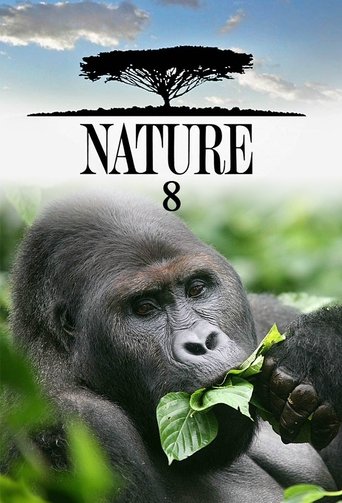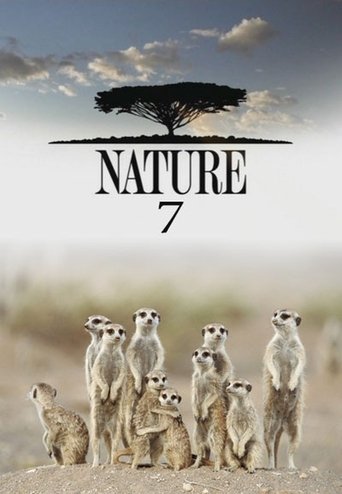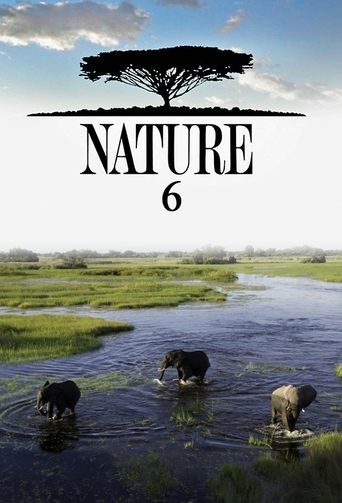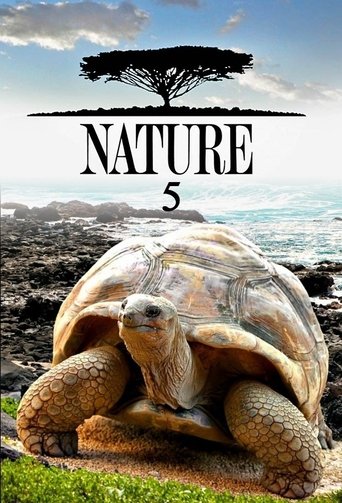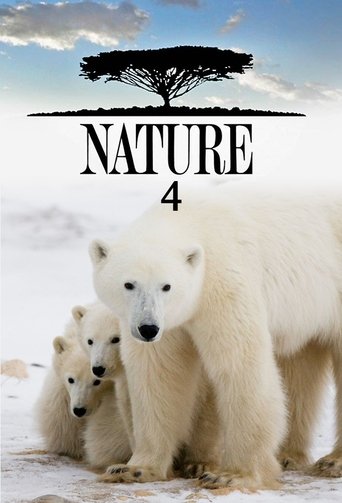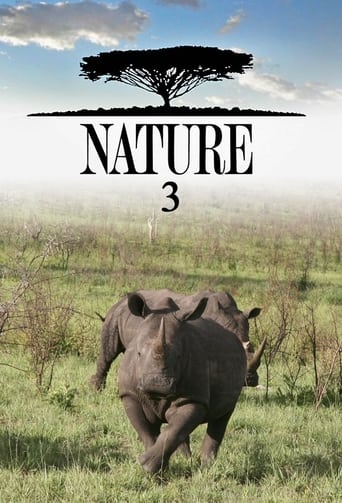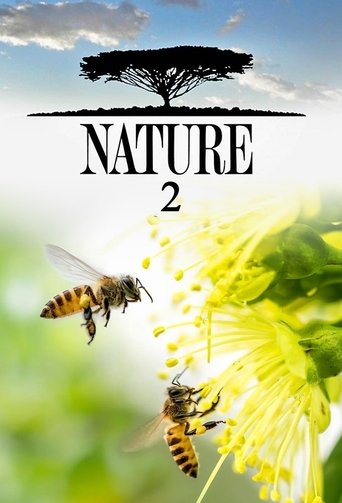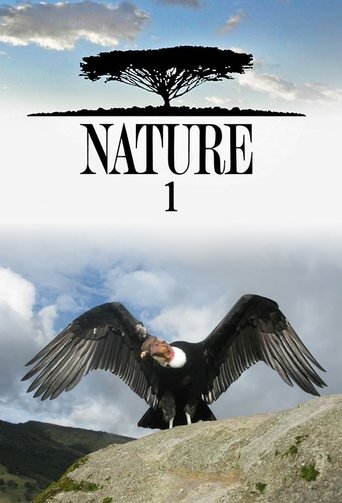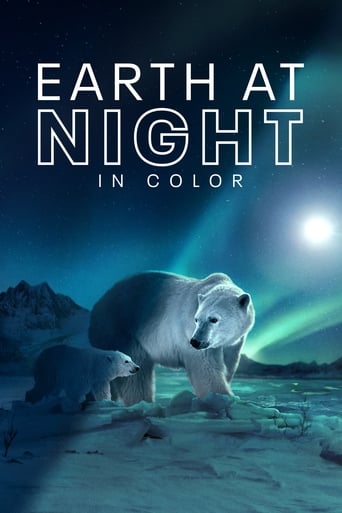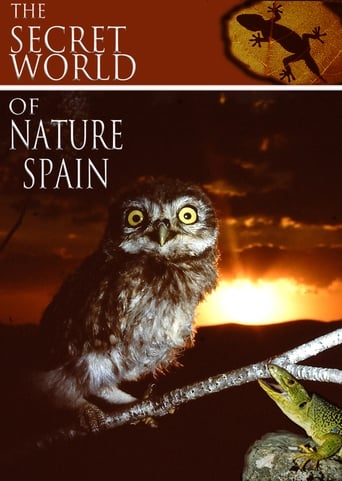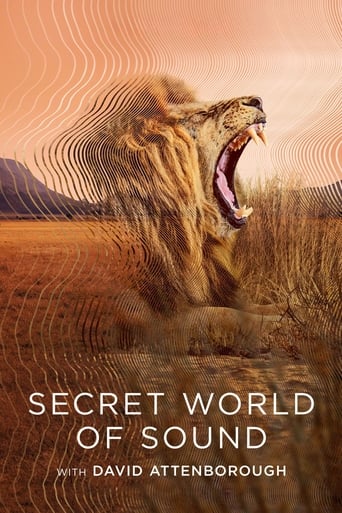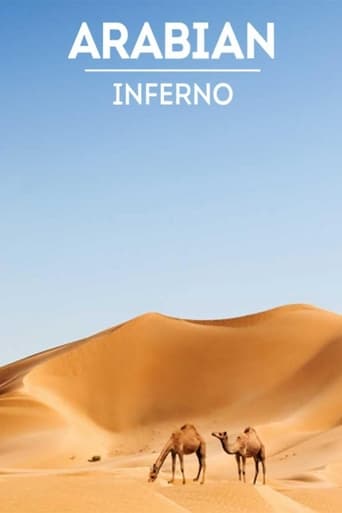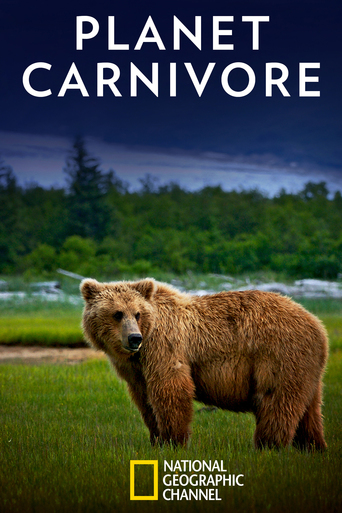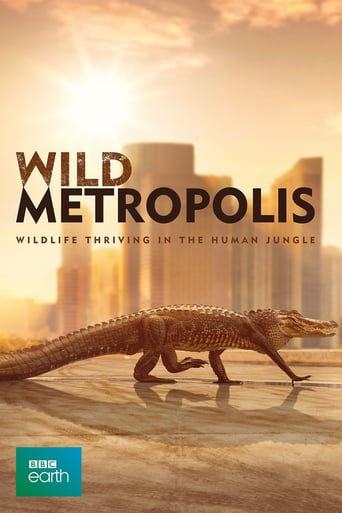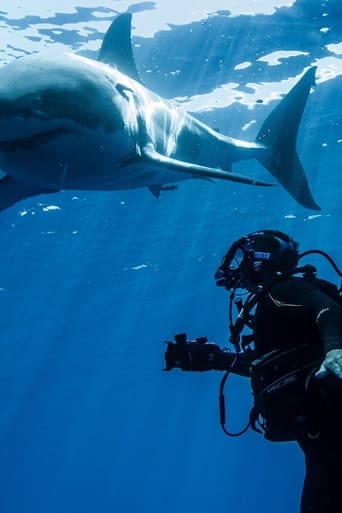Nature Season 17
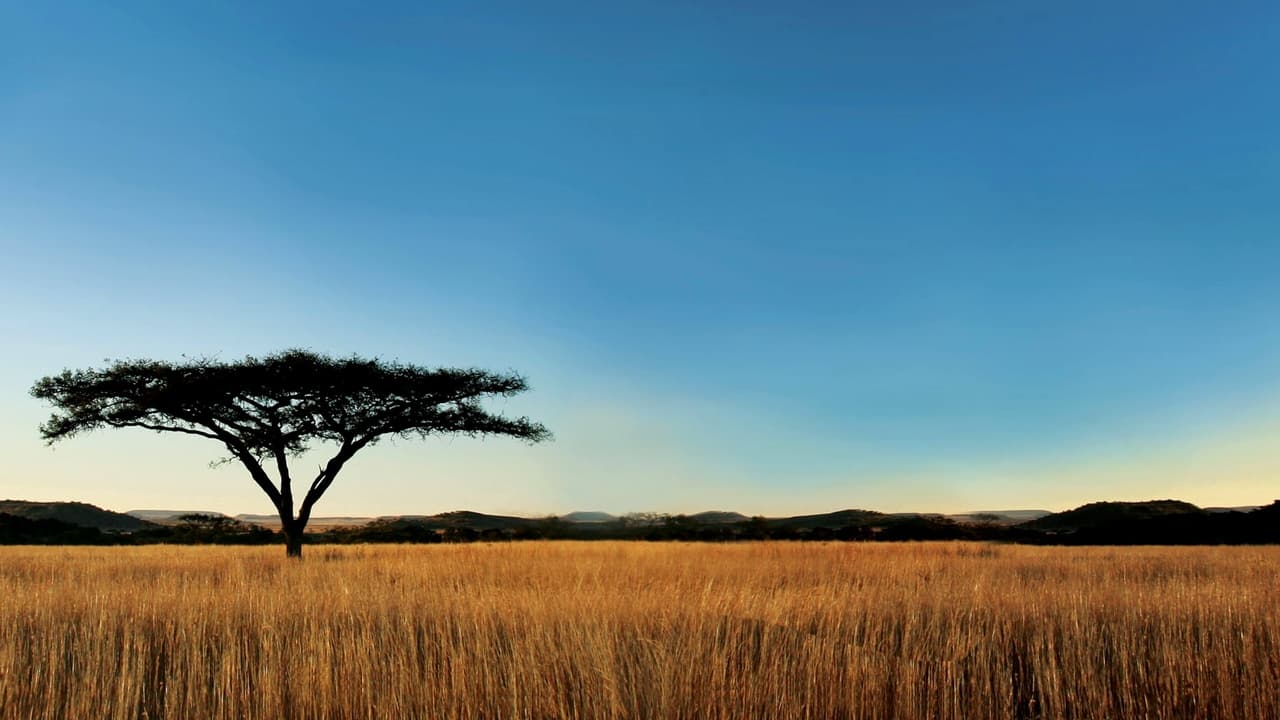
Consistently stunning documentaries transport viewers to far-flung locations ranging from the torrid African plains to the chilly splendours of icy Antarctica. The show's primary focus is on animals and ecosystems around the world. A comic book based on the show, meant to be used an as educational tool for kids, was briefly distributed to museums and schools at no cost in the mid-2000s.
Watch NowWith 30 Day Free Trial!
Nature
1982 / TV-G

Consistently stunning documentaries transport viewers to far-flung locations ranging from the torrid African plains to the chilly splendours of icy Antarctica. The show's primary focus is on animals and ecosystems around the world. A comic book based on the show, meant to be used an as educational tool for kids, was briefly distributed to museums and schools at no cost in the mid-2000s.
Watch Trailer
With 30 Day Free Trial!
Nature Season 17 Full Episode Guide
Profiling the 28-year-old lowland gorilla Koko, who communicates by sign language with her mentor, Francine Patterson. Koko, who understands English, has “a good sense of humor,” says Patterson, and “a strong sense of self.” She's also seen painting and watching TV, and playing with male gorillas Michael and Ndume at Patterson's Gorilla Foundation in Northern California.
How does such a seemingly passive life form accomplish the complex task of reproduction?
Cats command our attention and our devotion. These fascinating creatures have been perplexing people for thousands of years.
Once the home of a notorious Soviet prison camp, the isolated peninsula of Kamchatka remains a haven for one of Earth's last giants, the grizzly bear.
"Iceland: Fire and Ice" is a "wonderland of eternal opposites," where glaciers sit on top of volcanoes. In this land of ice there are no trees, but it is home to Arctic foxes, a large bird population and twice as many sheep as people. Included: footage of ice caves.
"Serengeti Stories: The Work of Hugo van Lawick" follows the famed wildlife filmmaker and includes clips of his masterpiece, "People of the Forest," about chimpanzees and their social relationships. Also: clips of "Wild Dogs of Africa" (1972), a heroic story of survival.
NATURE's John Denver: Let This Be A Voice explores the American West with the late singer and conservationist.
"India: Land of the Tiger" concludes with a journey into the subcontinent's lush "Monsoon Forests" for a look at their inhabitants: rare tigers and elephants, primates such as the hoolock gibbon, the milgiri langur, the lion-tailed macaque, giant hornbills.
Part 5 of "India: Land of the Tiger" journeys to the inhospitable peaks of the Himalayas. These icy citadels are "Mountains of the Gods" that support a rich variety of life, such as snow leopards, blue sheep, brown bears, red pandas and flamboyant pheasants.
Part 4 of "India: Land of the Tiger" travels to the harsh northwest "Desert Kingdom," home to stately black bucks, Indian gazelles, wild ass, lynx-like caracal, monkeys that live among the people, and vultures that feed on carcasses of dead livestock.
Part 3 of "India: Land of the Tiger" explores the vast expanses of unknown seas, from the Arabian Sea to the Bay of Bengal. Included: elephants swimming from island to island; whale sharks; coral reefs; convict fish; and the voracious Bombay duck.
Part 2 of "India: Land of the Tiger" follows the sacred waters of the Ganges River, whose grasslands are home to rhino, wild buffalo, elephants, tigers and a cacophony of birds. Also explored: the mangrove-rich Sunderbans Delta, where the tiger is worshipped as a god.
"India: Land of the Tiger" begins a six-part journey, led by wildlife expert Valmik Thapar, through the land of Kipling's "Jungle Book." "The Tiger's Domain" opens the series, and tracks tigers, Asiatic lions, monkeys, jackals, sloth bears and cobras. Also: a ceremonial snake festival.
The NATURE program American Buffalo: Spirit of a Nation tells the sad story of how the buffalo nation was destroyed nearly a century ago by greed and uncontrolled hunting — and how a few visionaries are working today to rebuild the once-great bison herds. It offers a remarkable portrait of America’s last significant wild bison herd, made up of a few thousand animals living within Montana’s Yellowstone National Park. And it highlights the efforts of Native American leaders dedicated to bringing back the animal that once gave life to their tribes. “Buffalo have to be there for our culture to exist,” says Fred DuBray, a member of the Cheyenne River Sioux tribe who appears in American Buffalo. “As we bring our herds back to health, we will also bring our people back to health.”
NATURE lifts part of the veil of mystery shrouding some fascinating — and often fearsome — creatures in The Secret World of Sharks and Rays. Sharks and their biological cousins, the rays, are among the highest-profile denizens of the deep, thanks to the popularity of books and films that have cast them in leading roles — as antagonist, not protagonist.
The polar bear rules the north. To the hardy native people who settled the harsh lands of the Arctic, the powerful hunter with the ghostly white coat is known as the “lonely roamer.” But most of us know the huge mammal as the polar bear. And the story of how the world’s largest land predator prospers in one of Earth’s harshest environments is the subject of the NATURE program Great White Bear.
Free Trial Channels
Seasons


